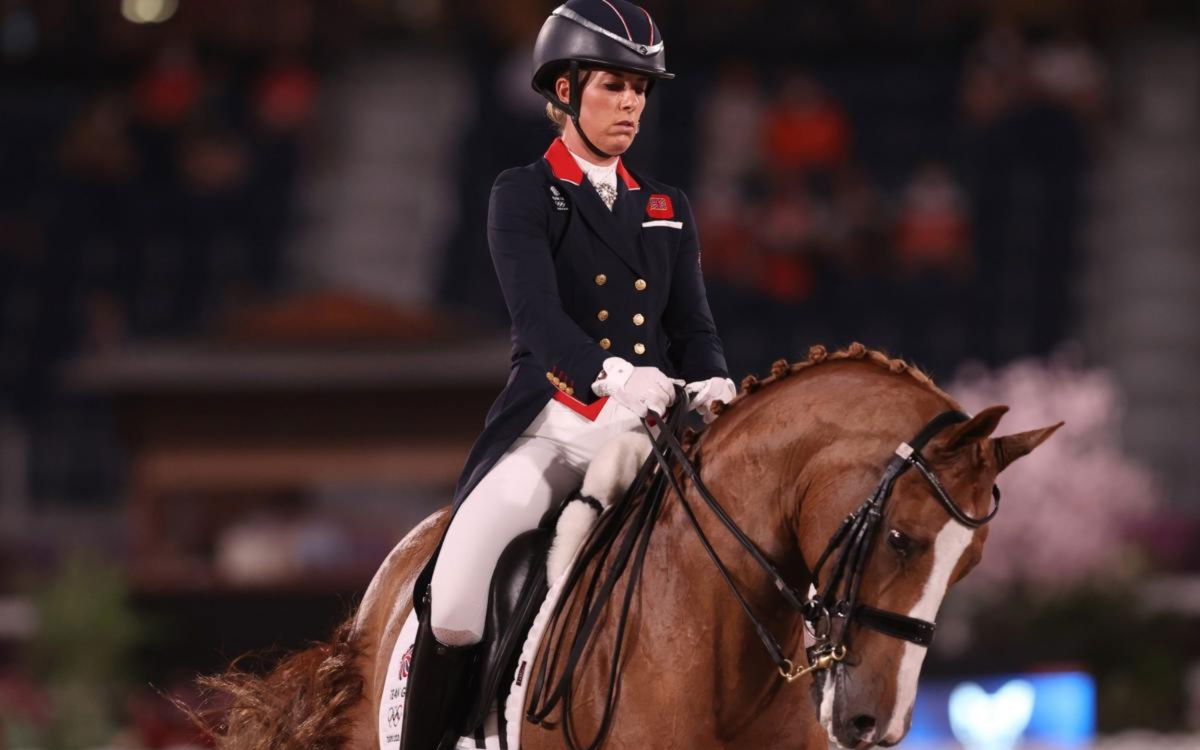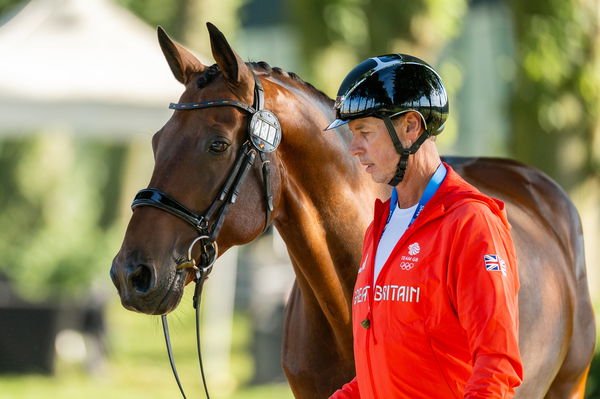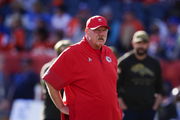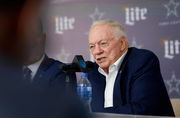

The shocking scandal surrounding once-revered British Olympian Charlotte Dujardin has left many grappling with the consequences of her actions in the world of equestrian sports. Finding herself at the center of controversy after a video emerged (which reportedly dates back four years) showing her repeatedly whipping a horse on its legs during a student’s training session has led to Dujardin’s provisional suspension by the Fédération Equestre Internationale (FEI) and her withdrawal from the Paris 2024 Olympics. And the fallout from this incident has been nothing short of swift and severe.
Watch What’s Trending Now!
In the wake of the raging reactions from the lovers of all things equine and PETA’s repetitive request subjected to the Olympic committee’s acceptance of equine treatments, Dujardin’s longtime mentor, Carl Hester, who has been a guiding figure in her career, has now spoken out on behalf of his mentee. Breaking his silence on the matter, Hester, who is competing at the Paris Olympics himself, has expressed a medley of both empathy and condemnation towards Dujardin.
“It’s very difficult for her right now,” the man admits, acknowledging the absolute lack of the support system that Dujardin has around her. Noting that Dujardin has accepted responsibility for her actions—a crucial step in her journey of reflection and rehabilitation—he regretfully recalls the true nature of reigning controversies: “What do we do? We never forgive people for all the things that happen in life,” further reflecting on the harsh realities of public scrutiny. However, despite his personal relationship with Charlotte Dujardin, Hester did not care to shy away from condemning the tormentous practices shown in the video. For him, equine welfare is a subject that should always come first—no holds barred.
ADVERTISEMENT

Imago
Carl Hester & Fame of British Dressage
What’s even more eye-opening is the fact that Hester was among the ten board members of the International Dressage Riders Club to sign a statement universally condemning Dujardin’s actions, where he also clarified that in his 17 years of working with the rider, he had never once witnessed such behavior. He didn’t forget to clarify that the video was not taken in his yard.
For Dujardin, this incident has not only tarnished her reputation but has also cast a shadow over the sport. The video, which has been widely circulated, shows her striking a horse while midway through a training session. Reportedly, the still anonymous person who finally brought this video to light after so many years—represented by Dutch lawyer Stephan Wensing—felt compelled to act on the injustice after witnessing similar incidents of horses being inhumanely disciplined in the equestrian world. The advocate describes the scene as “like an elephant in the circus,” a damning comparison that highlights the disheartening severity of the situation.
ADVERTISEMENT
Charlotte Dujardin’s apology and PETA’s plea
The public outcry following this revelation has been intense, to say the least, with organizations like PETA calling for the complete removal of equestrian events from the Olympic Games. PETA’s senior vice president, Kathy Guillermo, came forward to state that “Horses don’t volunteer—they can only submit to violence and coercion,” as a matter of fact. This incident, coupled with the lingering shadows of all the past controversies in the sport (remember the similar outrage that was brought upon by rider Annika Schleu’s incident with her horse Saint Boy in the Tokyo Olympics?) has reignited debates about the often overlooked role of animal welfare in global equestrian competitions, such as the Paris Olympics.
ADVERTISEMENT

ADVERTISEMENT
In the recent light of events, Charlotte Dujardin herself has expressed deep remorse, emphasizing the fact that she is “deeply ashamed and should have set a better example in that moment.” As a result of her inappropriate—or rather what can now be considered as definitely unacceptable—actions, she has lost significant sponsorships, including her longstanding partnership with helmet manufacturer Charles Owen and her ambassador role with the horse welfare charity Brooke.
For now, as the investigation by the FEI continues, the equestrian community is left to grapple with the implications of this scandal, which has blurred the lines between decent competition and the absence of compassion. For many, this incident will serve as a stark reminder of the importance of maintaining the highest standards of animal welfare—equine or otherwise. Dujardin’s mentor, Hester’s words, while sympathetic, also underscore a broader message: in the world of equestrian sports, there is no room for actions that compromise the well-being of the ultimate partakers of the events, i.e., horses. The road to redemption for Charlotte Dujardin will be long and arduous. Whether the lessons learned from this incident will shape the future of the sport or not is something that still remains to be seen.
Top Stories
NFL Makes Final Punishment Decision on Shedeur Sanders Incident in Week 17

Chiefs Coach Abruptly Leaves Andy Reid’s Staff Amid Titans’ Rumored Interest in Matt Nagy

“I’d Be Dead”: NASCAR Legend Credits Kevin Harvick for Saving His Life

Jerry Jones Finally Acknowledges the Dak Prescott Gamble Hasn’t Paid Off; Confirms Painful Changes Ahead for Cowboys

Historic NASCAR Track to Change Its Iconic Name as City Council Moves to Auction It Up

Two-Time Venezuelan UFC Champion Clears Stance on Trump’s Takeover and Maduro’s Capture

ADVERTISEMENT
ADVERTISEMENT
ADVERTISEMENT

